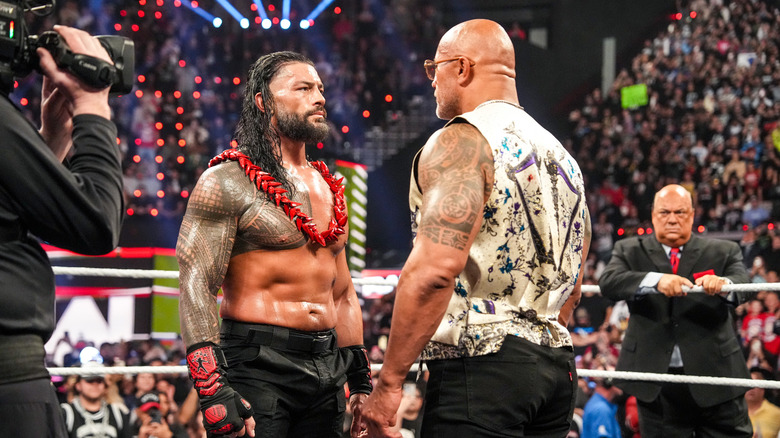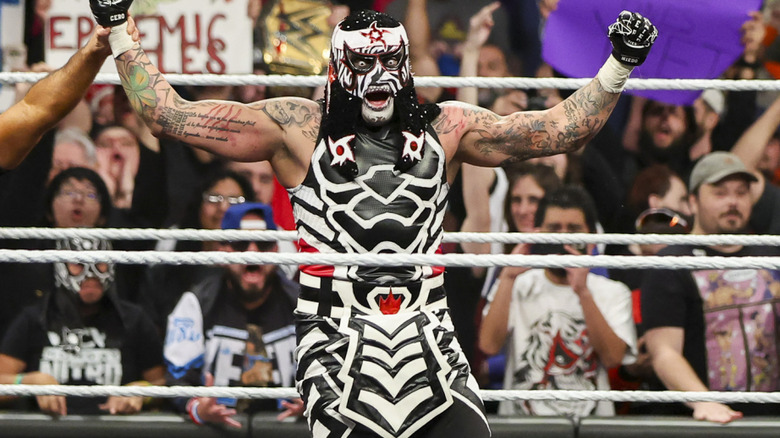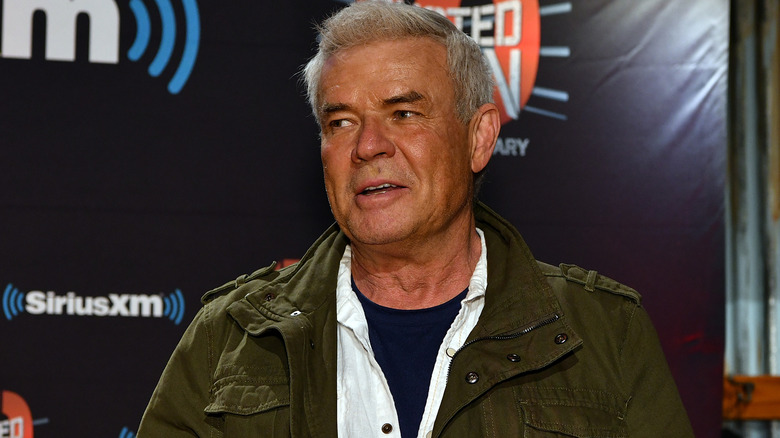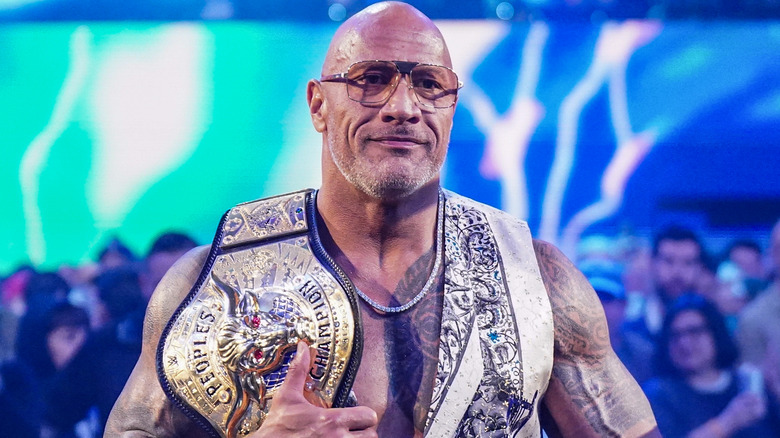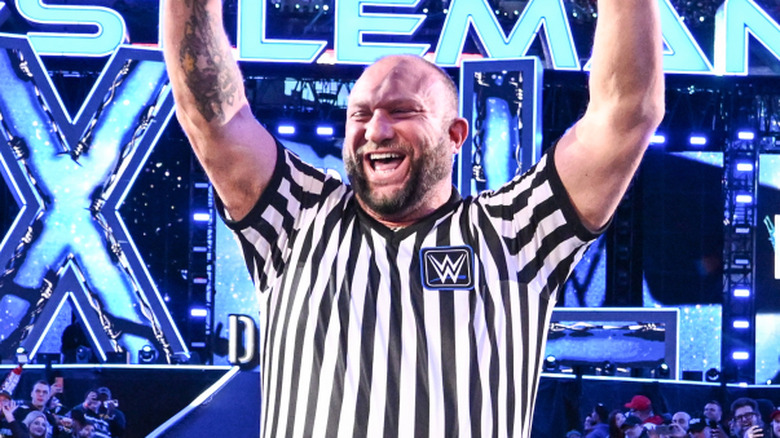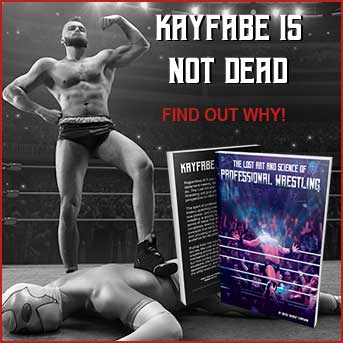WWE's commercial powerhouse has thousands of products available for fans to buy, with everything ranging from masks popularized by "The Fiend" or Rey Mysterio to title belts both authentic replicas and commemorative in concept; limited edition titles for sports teams like the Los Angeles Lakers or Hall of Famers like Shawn Michaels. But that doesn't extend to the prize of The Bloodline, and while commerce platforms like Etsy have listings of the Ula Fala, it doesn't appear to be something to be sold as merchandise commercially. The simple reason why is what makes it so significant in the first place; it is a genuine cultural symbol amongst the people of Samoa, and selling it at a commercial level would fundamentally undermine that.
Moreover, both the British Museum and the Museum of New Zealand possess curated Ula Falas, having been worn by Samoan dignitaries when donated to the Duke of Gloucester and Governor General respectively. It goes beyond just the Anoa'i dynasty, to sell the Ula Fala commercially would be considered mass cultural appropriation – especially considering the amount that would likely be bought by WWE fans. But also with the way that the necklace is handcrafted would come a logistical issue; as mentioned previously, it is made from the dried Pandanus fruit, and any attempt to expedite the process that goes into making one would also undermine the cultural significance of the Ula Fala.
That's really what makes the Ula Fala such a specialty in wrestling, it is a genuinely unattainable prize and has been treated with as much reverence around the necks of the leading men of the Anoa'i dynasty. It's a tribal heirloom to indicate one's seniority within their family and carries too much importance to be commodified.


